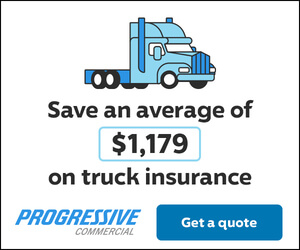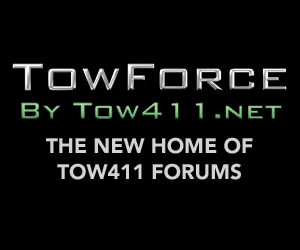
By Hal Kresser, Hal Kresser Insurance Agency
There are many misconceptions about how much money you are entitled to recover when your truck is out of service due to an accident. You are entitled to recover the net income of the disabled vehicle from the at-fault party. You cannot make such a claim with your own insurance company unless “lost income” is covered in your policy. Not all insurance companies offer lost income coverage on commercial vehicles. As in all insurance claims, you must prove the loss or damage.
The records you keep are the key to a fast, fair settlement. You have to provide records listing the annual mileage, cost of fuel, average number of tows and average price per tow for that vehicle. You will then need to list the average expenses, such as fuel, labor and maintenance, etc. Unless you want to spend hours digging through receipts and invoices, keeping this information on a per-truck basis is advisable. Daily logs can work well for tracking. If you want to simplify things even more, using an inexpensive dispatch/accounting software package like Towbook© can be a huge timesaver. Those programs are tailor-made for the towing industry and give an owner this detailed info and more at the click of a mouse.
Net Income is the amount of profit (money) a business has after determining gross income and deducting all expenses like fuel, labor, maintenance, etc. In this simple example, all amounts are based on a six-month average. Start with $900 in receipts.
Then subtract $128 fuel, $150 labor and $20 maintenance, and you are left with an average daily income of $602. Multiply that by the number of days the truck is out of service, and you have the amount you can claim.
Now you simply need to prepare a cover letter to the claims adjustor detailing the claim for lost income. Include the total amount of lost income and make sure you attach the supporting documentation as outlined above. Neatness counts!
Documentation and reports that are well laid out and organized will build your credibility with the adjustor.






